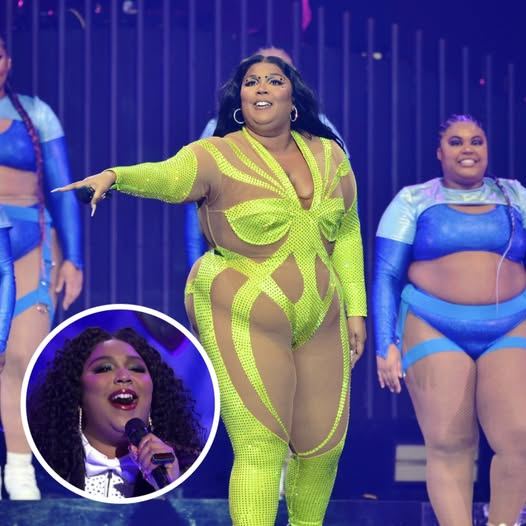In a Vanity Fair interview, Lizzo, born Melissa Viviane Jefferson, shared that her music is a form of healing rooted in her Black experience, not made for any specific racial group,
and emphasized that her primary audience is Black women, who she believes need messages of self-love the most. Though her sound blends pop with R&B, hip-hop, and gospel, Lizzo made it clear that her artistry is inseparable from her identity. Despite her diverse and passionate fanbase, she has faced criticism for centering her Blackness, something she finds puzzling given that her music is simply an authentic reflection of who she is and where she comes from.

Lizzo also addressed broader societal issues, speaking openly about the treatment of Black women in America and the enduring impact of white male dominance. She didn’t shy away from hard truths, using her platform to highlight systemic challenges that often go unspoken. Her commitment to activism extends beyond words—after the overturning of Roe v. Wade, she donated $500,000 to Planned Parenthood, an amount her tour promoter matched, signaling her unwavering support for bodily autonomy and justice.

Through her music, activism, and public voice, Lizzo continues to champion self-love, equity, and empowerment. She remains a powerful example of how artists can use their platforms not just to entertain, but to heal and push for meaningful change, refusing to apologize for embracing the fullness of her identity and encouraging others to do the same.
